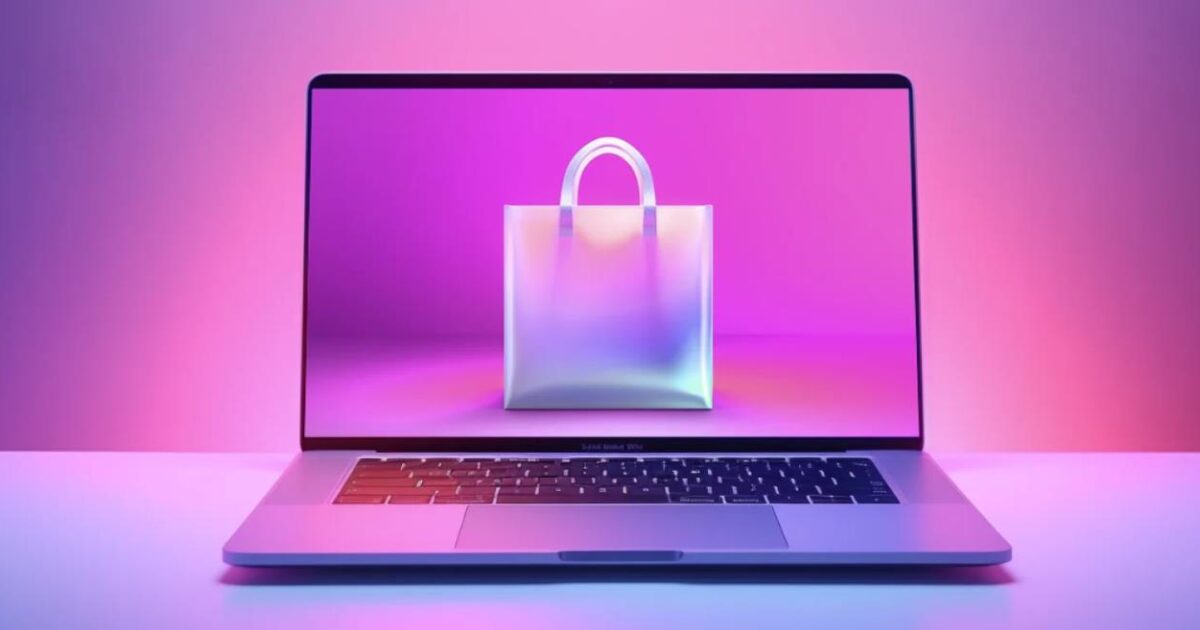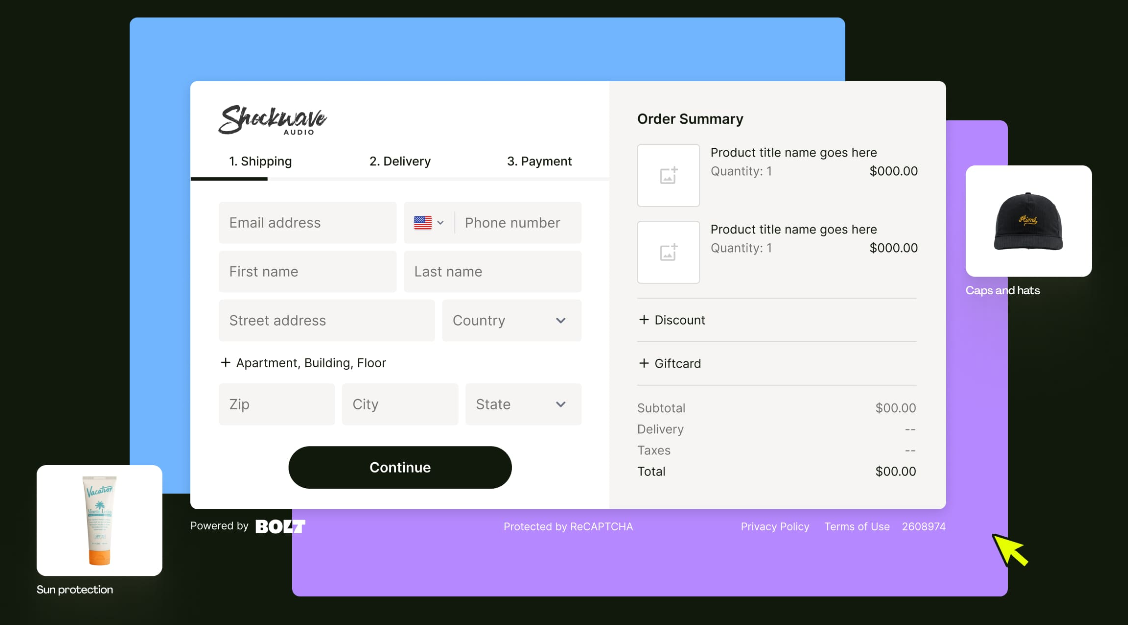Is Dropshipping Legal? A Few Things You Should Never Do in 2024!

Dropshipping has become a delivery model employed by many businesses in 2024. It provides an excellent advantage for both sellers and customers. Nevertheless, traditional or local businesses are still trapped in the old forms of selling to customers. However, many millennial customers doubt dropshipping legitimacy. Hence, the trending question is, Is dropshipping legal?
Dropshipping is legal and poses no threat to the involved parties. However, it would help if you were careful of illegal companies that are everywhere on the internet. What other things should you know about dropshipping? Read this article further to discover more information.
The table of contents of this article is as follows.
What is Dropshipping?
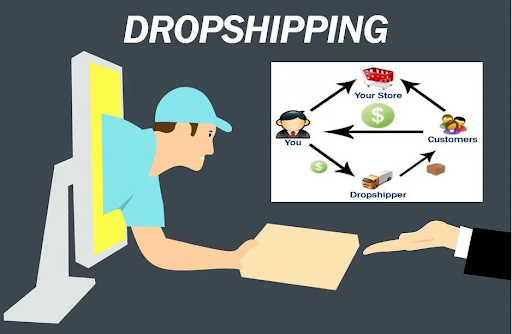
Dropshipping is a supply chain formula that is widely adopted in the e-commerce sector. It involves a middle person or retailer between the manufacturer or wholesaler and the consumer. Often, the retailer does not see the product being sold but only stands in the gap between the two parties. The retailer is also responsible for charging the consumer, which is always more than the actual manufacturing price.
If a customer places an order, it does not mean a dropshipper has it in stock. However, the customer should be aware of the delivery duration and fee.
Most dropshipper dislike a long supply chain because each entity at each chain will add an extra cost, reducing the end profit. It is best to work with the manufacturer directly without going through a wholesaler. Also, dropshipping involves spending a lot of time on the internet, searching for the best products. They strategize the potential customers and how to reach them at the appropriate time. Hence, it is essential to consider other factors that may influence the business selling rate.
The Pros and Cons of Dropshipping
As a business person, you may wonder, is dropshipping illegal, and is it worth this risk? Let's find out below.
Here are the pros of dropshipping and why you should probably start a business in this sector.
1. A Good Platform for Earning Passively
Passive income is a financial opportunity many entrepreneurs seek today. This type of income requires little or no effort concerning the production or replacement of sold goods. Also, it allows you to focus on other businesses, as it does not require your presence. You only need to find eligible customers while you get a share as they pay the manufacturer.
2. No Inventory Management
Inventory management includes handling and storage costs. Dropshipping does not have these charges, as customers cover any delivery fee involved.
Inventories are significant financial risks, and they do not guarantee the sales of the stored products. You will be making a massive loss if you have them stored up without selling to potential customers. In many ways, dropshippers play a significant role between manufacturers and how they reach their customers.
3. Improves Cash Flow

The cash flow of dropshipping is smoother than a physical retailer. Sometimes, retailers do not deliver the money to manufacturers or receive goods based on wholesalers' negligence. However, dropshipping means you only pay for the goods after confirming the availability. Also, you do not place an order from the manufacturer, except you have received payment from the end-user or consumer.
There is hardly anything on the earth that does not have a downside. This is also applicable to the dropshipping business.
Asides from the pros mentioned above, below are the cons of dropshipping.
1. Highly Competitive
As mentioned earlier, dropshipping has become a global business, leading to a highly competitive market rate. Unless you are business-oriented and intelligent, it may be challenging to thrive in this sector, especially if it is a long-term goal for you.
The primary reason for the tight competition is because it requires no particular entry. Since many dropshippers sell the same products from the same manufacturers, you need a unique value proposition to be different. The most competitive sub-sector can be found in the fashion industry. However, you can study dropshipping companies like AliExpress, which has many years of experience in the industry. With this, you will identify how to bring your marketing game on board.
2. Lack of Quality Control
Quality control is a significant aspect of entrepreneurship, especially in the financial sector. However, dropshippers can only make little quality control since they do not manufacture the products. Hence, consumers instead attack dropshippers when the delivered goods are below the expected quality. This, in turn, will lead to poor word-of-mouth advertising and the potential loss of many customers.
3. Little Involvement in Product Packages
Only in rare cases do manufacturers permit dropshippers to attach their names or coupon code to a product. You cannot also include appreciative notes or customized packages. Hence, your brand cannot be known with the product. It becomes more challenging to promote your brand visibility.
Online tools like dropshipping niche finder - FindNiche, help dropshippers to analyze the competitive stores and products available online. Also, you can identify possible products to associate your dropshipping brand with, by monitoring other competitors.
Possible Legal Issues in Dropshipping Business
Dropshipping business is highly competitive, and any lackadaisical attitude towards legal action could cost you a lot.
Below are essential elements that must be present in a brand. A lack of them leads to legal issues.
1. Business License
As mentioned above, dropshipping is a free entry business, but it does not eradicate the need for legal documents. To prove your brand legitimacy, you should own a business license with a trusted commission affair.
One of the significant benefits of having a business license as a dropshipper is that it gives you an edge over other competitors. Although the market is tight, it provides a reason to stand out among others.
The business license comes in various plans and options, which vary in the brand's country. Ensure you do proper research to determine the best suitable plan for you. You can also consult an advisor for the best business approach.
2. Taxes
For every dropshipping business, you will need to pay tax to the country where you are running your brand. You are eligible to pay tax to the government there. This proves the legitimacy of your brand to both customers and governing agencies.
For proper documentation, you need the service of an accountant and lawyer to run your e-commerce smoothly. You will be required to pay tax on both your profit and sales.
3. Purchase of Commercial Insurance

Purchasing commercial insurance will help minimize the risk associated with your business. Since you are not producing the products, and you may sometimes not see them until it gets to the user, you need to protect your reputation. Also, ensure you set a clear and strict policy for your insurance. You need to make sure it is capable enough to cover damages. A lack of commercial insurance is a legal issue that may arise in dropshipping, especially in 2024!
4. Liability
It would help if you had a business liability that could help you tackle legal issues. For instance, countries like the U.S are quick to file a lawsuit against any offender. If a customer charges your business to court, how ready are you to defend yourself? Also, if you are placing an order from suppliers outside your business location, there may be an issue of poor packaging or product damage. You need to provide liability that protects your brand image from future allegations.
Contrary to popular opinions, dropshipping is not entirely risk-free. Hence, it would help if you considered the right action when you are sued and will need to take some financial risks. In this case, most courts require you to pay for court and legal costs.
If you have a business license, you have the legal costs already. A product liability insurance will also cover damage control—for example, a customers’ health or destruction of property.
5. Legitimacy
Provide receipt notes or documents that validate payment transactions between you and the other parties involved. Remember, dropshippers deal with the general public, and it will be a great disaster if there is any theft case about your brand. It would help if you legitimize your business by keeping track of activities that go therein.
These legal issues also arise when your brand is involved in the following activities:
1. Selling Infringing Products
Remember you needed clarity and asked if dropshipping is illegal? You need to also play a clean role by dealing with trusted sources. Many manufacturers will pose themselves online but make sure it is not an infringing product. This means a product that is not accepted by the law. You will be charged to courts if caught, and it won't be easy to plead innocent. The judge would expect a licensed dropshipper to be able to identify infringing products.
2. Infringing copyrights
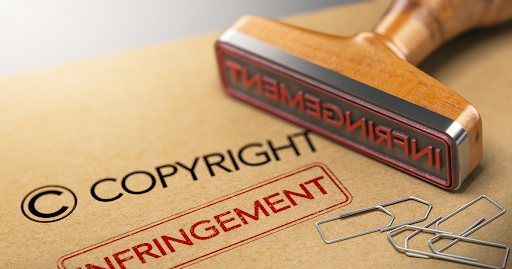
Every legit and standard company or manufacturer has a copyright that represents the symbol or value. These copyright are legally backed up. A company's copyright is not accessible by just anyone, as the document is kept in a safe folder or file. Infringing copyright is stealing intellectual property. This is highly punishable under the law. If found guilty, you will be charged with enormous damage control or money.
3. Selling Counterfeit Products
These days, many manufacturers want to sell fast. Hence, they copy high brands with copyrights and sell at ridiculous or cheap prices. Examples of brands with copyrights are; LA Lakers, New York Yankees, and Seattle Seahawks. Hence, most sports items have their trademarks.
People who produce counterfeits are so deceptive that you may likely not differentiate the counterfeit from the original products. Hence, you must create an agreement with only wholesalers that have access to quality products. If otherwise, you will attract some lawsuits.
4. Selling Prohibited Products
Often, the term "prohibited" applies to a product banned in the country. Hence, you need to confirm you have the right to sell a product before putting it up online. Many prohibited products include foods, medicines, beer, and cannabis. However, some of these products are only restricted, as you can sell them under certain conditions. For instance, medications are only allowed by medically licensed dropshippers.
What Can You Do to Make Your Dropshipping Legal?
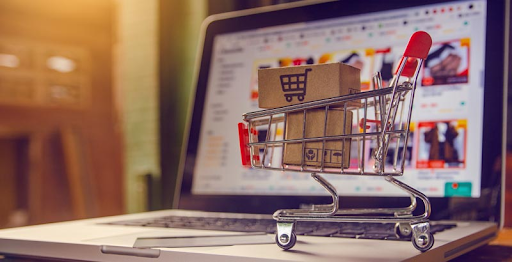
The best role you can play to make your dropshipping legal is abiding by the law. Ensure you have proper documents or registration that backs up your company legitimacy. More so, it will save you from competitors' harassment that may arise in the future.
Countries such as the U.S impose strict rules before setting up a business. This follows with close monitoring, making it impossible to bypass the laws. Hence, you should provide a form of liability for your sales. One of the best forms of liability is Product Liability Insurance. This ensures your business is not endangered to greater risk whenever any manufacturer delivers a poor-quality good to the end consumer or user.
1. Terms and Conditions
The terms and conditions are legal documents that contain the responsibility and rights of every customer. Just as you identify the terms and conditions of your preferred wholesaling company, include them in your services. Also, T&C has proven to be helpful during legal issues.
After carrying out the necessary steps to make your dropshipping business legal, what proofs it to customers or people visiting your online store?
2. Refund Policy
Although the law does not necessitate a refund policy, you can include it to prove your legitimacy. The flexibility depends on the current stage of your business and how deep you want to get with mixed financial transactions. Also, the refund policy proves to your customers that you care about them.
3. Provide a Privacy Policy
Let a privacy policy be stated as they visit your online store. This includes ensuring customers’ information is protected and how you disclose the data if there is any need to.
FAQs
Are AliExpress dropshipping and Shopify dropshipping legal?
AliExpress and Shopify dropshipping are legal. However, various regulations apply to different countries, especially the shipping cost and other vital elements.
Is Amazon Dropshipping Legal?
Amazon dropshipping is legal, and it has been in existence for some years. You can search for available items on the website and declare them available to your audience.
In Which Countries Is Dropshipping Legal?
As a dropshipper, you need to target countries with a large audience that can buy your products. Hence, some countries that are non-friendly to dropshipping include; Afghanistan, India, and China.
Conclusion
Is dropshipping legal? After the pandemic break was over in 2024, it was clear that dropshipping is a significant part of the world's economies. Hopefully, the article has provided answers that back up the legality of dropshipping.
If you want to be sure if dropshipping is legal in your residence? You can contact the nearest law station in your state. Ideally, nothing should cause the illegality of dropshipping, except you, standing as a middle man for drug dealing or any other contraband.
Lastly, visit dropshipping niche finder - FindNiche to enjoy the 7-days trial, and start tracking your competitors' progress as low as $1. You have an idea of how it works by doing so before purchasing a plan for your dropshipping business.


